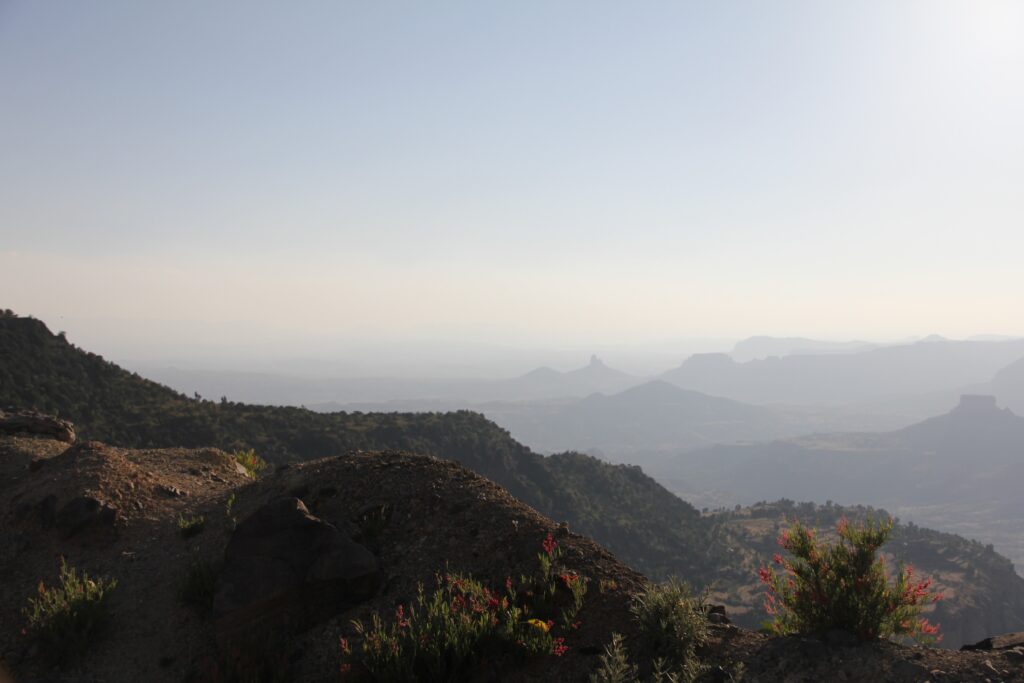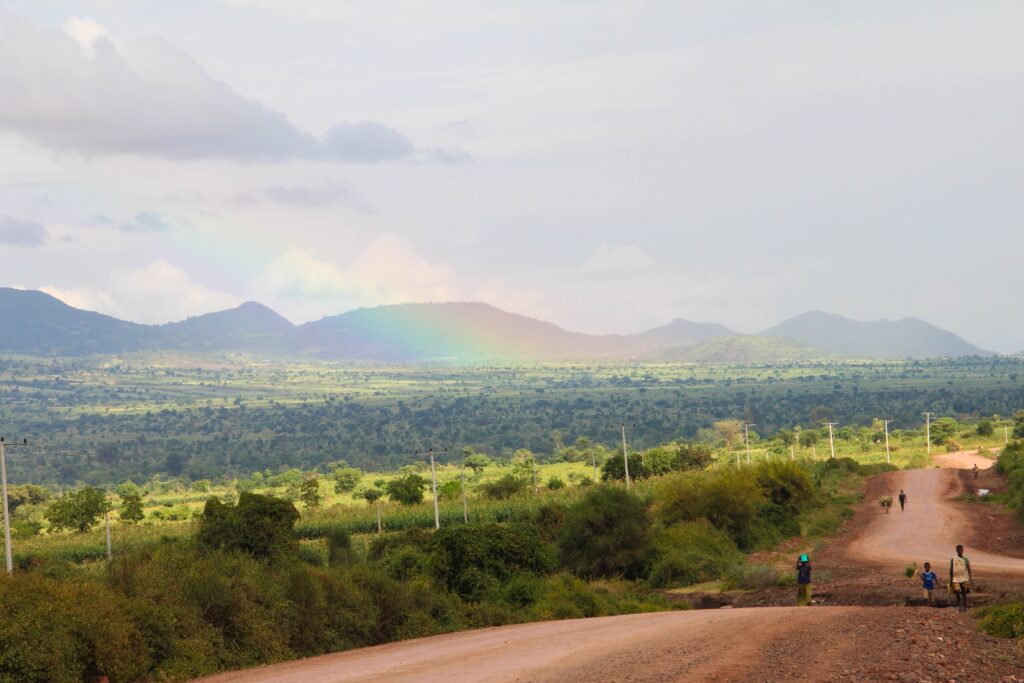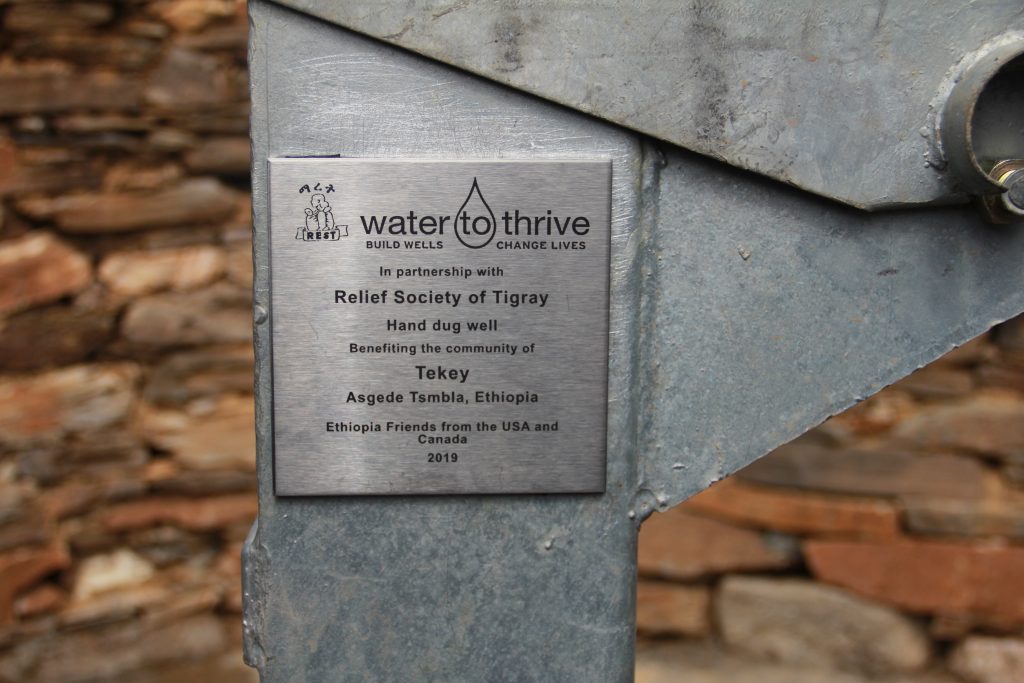
First, I want to express our appreciation for your support of Water to Thrive. It has been a challenging year, but Water to Thrive has continued to execute its mission to build wells and change lives with the help of terrific supporters like you.
Second, I want to provide an update on the conflict in northern Ethiopia in the state of Tigray and how it has affected our water projects. Since November, when the conflict began, cell and internet has not been available in Tigray. Only in the last 30 days have we been able to get updates directly from REST on the conditions in Tigray. Factions in conflict include Tigrayan rebel militia forces, the national military controlled by Prime Minister Abiy Ahmed, and military forces from Eritrea. While it is still impossible to know the full extent of the number of deaths and destruction, it is clear it has affected much of the geographic area and population. REST is largest NGO serving the area and has diverted all of its available manpower to humanitarian efforts in the region. They have indicated that not all areas in Tigray are safe to return workers, but the REST staff is safe. Their headquarters in Mekele is staffed and working and they have opened remote offices in 7 woredas (counties) in Tigray to deliver humanitarian aid.
Just before the conflict started in November, our update from REST indicated that roughly 20 of the 40 projects were completed and functional. Because REST is diverting their manpower to humanitarian aid, work on the remaining 20 projects has been suspended. It is unclear how long that will last, but we anticipate at least 6 months. I have personally informed the full well sponsors of the 20 completed projects about the status of these projects. As part of the humanitarian work, REST is beginning an assessment and repair of the water projects in the 7 woredas that have become non-functional either because of the lack of spare parts or damage during the conflict. Within these 7 woredas, an estimated one million people have been displaced and 26,000 people are without water. REST told us their staff will visit Water to Thrive water projects first to begin rehabilitation of damaged wells. We will keep you informed as we get further updates from REST on the status of the projects.
Of course, for now, we are not assigning any new projects in Tigray, probably for the remaining of this year. Because of this loss of capacity, we have asked some of our other partners to increase their capacity to ensure that we can continue to serve those in need of clean water. Fortunately, other areas of Ethiopia continue to function normally, and our partners continue their work in the areas around Gondar, Ambo and Hawassa. Our partners in Tanzania and Uganda will also increase their capacity. We plan to fund an additional 90 water projects, 60 in Ethiopia and 30 in Uganda.
If you have any questions, please do not hesitate to contact us directly. We ask that you include the people of Tigray and Ethiopia and our partners in your prayers. We are praying for their peace, safety and health.
–Dick Moeller, Founder, Water to Thrive
*** UPDATE ***
A foundation that wishes to be kept anonymous recently granted us $100,000. $16,000 will be used to conduct on-site assessments of 65 rural health clinics in the Sidama Zone of Southern Ethiopia and $84,000 will be used to rehabilitate 178 non-functional wells in Tigray, Ethiopia.
Sidama Zone Rural Health Centers (RHC) Water Security Assessment ($16,000)
We had an idea to replicate what we did at the 10 Maternal Health Clinics in Tigray in 2019/2020 for the 130 clinics in Sidama near Hawassa. We plan to complete a detailed water security assessment of 65 rural health clinics in the Sidama Zone of Southern Ethiopia. While the long-term goal is water security at each clinic in the Zone, this program focuses on the first 65. To properly scope the magnitude of the remediation required for all 65, an on-site assessment of each location must be conducted first. This will allow us to define specifically what must be minimally done to achieve a water security solution at each clinic. This grant only funds the assessment and it is planned to be completed in 90 days.
Following the completion of this assessment program, Water to Thrive will prepare a program budget and plan to complete the required remediation at the 65 clinics in the first group. This follow-up grant will be for one year and will be in the range of $650,000 – $850,000. This effort will require at least one year to complete after the assessment is completed. We will repeat the same process for the final group of 65 clinics after the first 65 are completed.
Emergency Action to Restore Access to Rural Water Supply in Tigray ($84,000)
Due to the on-going conflict in Tigray, we recognized a need for remediation funding for damaged water projects in the region. The conflict has disrupted many essential services in the rural areas of Tigray. One of the most heavily impacted has been damage to rural community water projects that serve the local community. Our plan is to restore access to potable water supply in rural areas by undertaking maintenance of 178 non-functional water projects. This will improve service for 26,700 people (51% of which are female) in seven rural Woredas of Tigray (as per the most recent Woreda classification – which was effective as of May 2020) namely: Agulae, Gerealta, Kilte Awlaelo, Enderta, Hintallo, Wajerat and Degua Tembein located in Eastern and South Eastern Zones of Tigray. These sites are selected as they are currently accessible (relatively) and maintenance activities can be undertaken. We will be sure to identify any Water to Thrive projects located in these 7 woredas to insure they are part of this inspection and remediation.
We will begin implementation on both these grants in the next couple of weeks.



About The Author: Water to Thrive
More posts by Water to Thrive